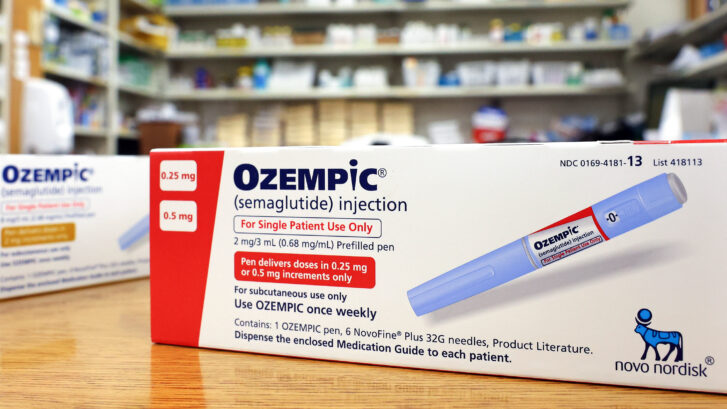New Mammogram Guidelines: Why Early Screening Could Save Your Life
Are you aware of the critical updates to mammogram screenings? Recent recommendations from the U.S. Preventive Services Task Force have brought about a significant change in the fight against breast cancer, one of the leading causes of cancer death among women in the U.S.
Starting at 40, not 50! For years, the conventional wisdom was to start mammogram screenings at age 50. However, new guidelines suggest beginning these lifesaving screenings at age 40. This change aims to detect breast cancer earlier, when it is more treatable and survivable, especially in younger women who may not yet exhibit symptoms.
Biennial Screenings: A Wise Precaution The task force now recommends that women aged 40 to 74 undergo mammograms every two years. This frequency balances the benefits of early cancer detection with the need to minimize false positives and other risks associated with more frequent testing.
Inclusive Guidelines These updated guidelines also extend to transgender men and nonbinary individuals at average risk, ensuring comprehensive care and awareness across all demographics.
Why This Matters Early detection through regular mammography can significantly improve treatment outcomes. With breast cancer still being the second-most common cause of cancer death for U.S. women, these screenings are a crucial step not just in saving lives, but in advancing overall health equity.
Your Health, Your Control At our primary care concierge office in Jupiter, we understand the importance of personalized care. Our approach ensures that you receive timely and tailored health screenings, including mammograms. We’re here to support you in making informed decisions about your health and to provide high-quality care that respects your individual needs.
Stay Covered, Stay Informed Worried about the cost? Recent legislation requires insurers to cover mammogram costs for women aged 40 and older without copays or deductibles, thanks to the task force’s recommendations. We can help you navigate these options and ensure that you receive the care you need.
Are you ready to take control of your health? Early detection is key. Learn more about how these new mammogram guidelines affect you and how we can help by visiting our latest blog post. Click here to read more and take charge of your health today!










